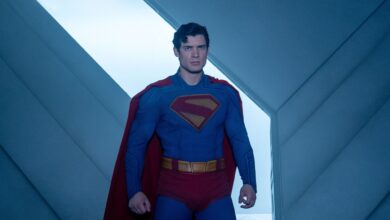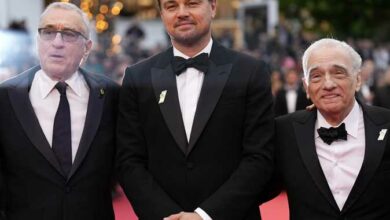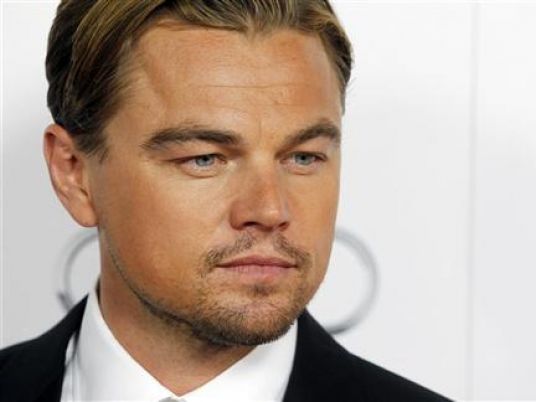Consider Batman. Despite a comic book history that dates back to 1939, the caped crusader has, for the most part, always been more defined by his onscreen incarnations. Tim Burton presented him as a brooding, uncharismatic bore, constantly overshadowed by his villains. Joel Schumacher gave us a camp, rubber-nippled bozo jogging through a neon-lit soundstage. Christopher Nolan, on the other hand, took the story of an adult who dresses up as a giant bat, and in return, gave audiences a complex character-driven puzzle that was haunting, memorable, and most of all, intelligent. And then, with
Gripping from the first frame, Inception moves at a breathless pace, and quickly promises to be that all too rare treat—a big-budget summer blockbuster that doesn’t treat its audience like idiots. Plot points come quick and fast; creating a whirlwind of events in which it is almost impossible not to get caught up. At its simplest level, the film’s premise is sufficiently intriguing, but as the storyline (and in some cases, surrounding landscape) collapses deeper into itself, Inception burrows its way to a thrilling climax, revealing along the way a truly original story—not to mention the full potential of a supremely talented filmmaker.
Based on an idea that Nolan slowly built into a script over the past ten years, Inception is cleverly constructed and full of information—and every bit of it counts. However, you won’t find any plot details in this review, as that would be a disservice to the filmmakers, who purposely marketed the movie with as little information as possible. Besides, this is the type of the film that is more enjoyable the less you know. To give you an idea, though, Inception can be best described as a love story disguised as a heist movie set in an Escher drawing.
As with Nolan’s previous films, the casting is near perfect. In supporting roles, Joseph Gordon-Levitt and Ellen Page are particularly impressive; the latter serving as the audience’s guide to the physics of dreamscapes, or the “architecture of the mind” as one of the film’s characters calls it. As straight-laced agent Arthur, Gordon-Levitt continues to prove he can handle roles well beyond the range of his TV sitcom origins, while Marion Cotillard, as the heartbroken and deranged Mal, provides an emotional core to the maze-like story. Nolan regulars Michael Caine and Cillian Murphy also make welcome appearances (although Caine’s role can be considered more of a cameo). Most surprising, though, is Leonardo DiCaprio, who gives an uncharacteristically restrained performance as idea “extractor” Dom Cobb—imbuing his character with a distant, slightly disturbed quality. However, this was probably a decision taken to avoid further similarities between Cobb and Shutter Island’s Teddy Daniels—of which there are quite a few.
Fans of Nolan’s earlier work will doubtlessly recognize familiar elements, as Inception’s storyline revolves around memory, dreams, the nature of reality, regret, loss, and letting go—all themes explored in films like Insomnia, Memento, The Prestige, and even, to some extent, both Batman films. Inception’s protagonist, Leonardo DiCaprio even shares the same last name as one of the main characters in Nolan’s directorial debut, 1998’s Following.
Inception’s main strength, however, lies in its ability to showcase the talents of its director, bringing together Nolan’s best traits as a storyteller and filmmaker, and building on ideas already explored in his previous films. The result is an exhilarating display of captivating ideas and hypnotic imagery that, together, make Inception Nolan’s most satisfying film yet. Given its subject matter, it’s appropriate that, like all the best dreams, Inception will stay with you long after it’s over.




